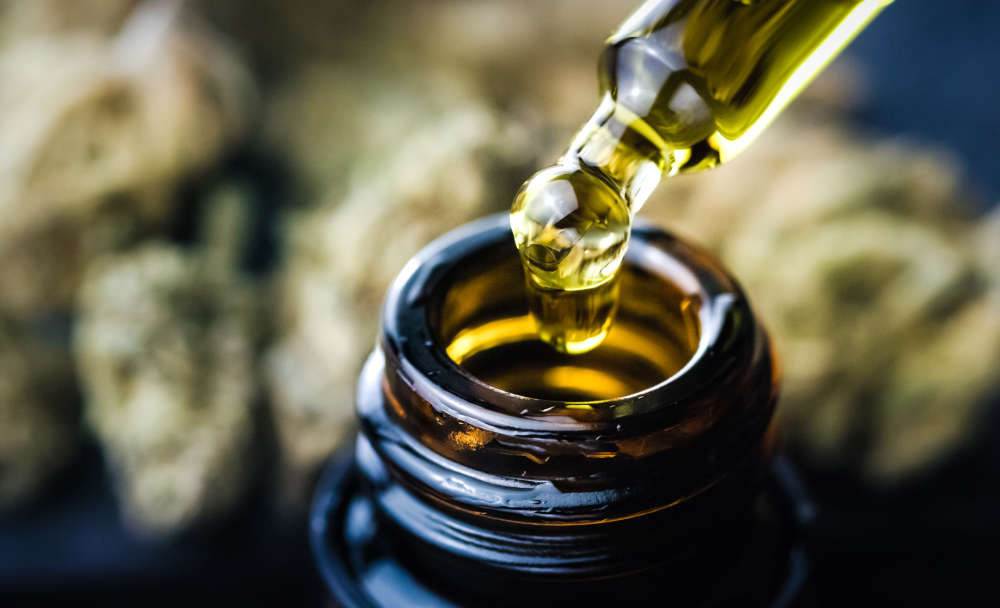Implementation of legal and regulatory frameworks in the UK’s $850 million (£690 million/€798 million) CBD market is in disarray, a key stakeholder group alleges in a new white paper.
The Association for the Cannabinoid Industry (ACI) said the process for getting CBD products into the marketplace through the Food Standards Agency (FSA) has been “protracted, punctuated by U-turns and . . . undertaken without any discernible coordination between the responsible authorities.”
ACI called on officials to clear up “existing ambiguities” and act quickly to implement specific provisions into the law by April 2024.
‘Approved daily intake’
First, the paper addresses “approved daily intake” (ADI) of CBD in light of controversial updated regulations issued in October by the Advisory Council on The Misuse of Drugs (ACMD). The Council ruled that based on the average lifetime exposure to food products containing CBD, healthy adults should limit their consumption of CBD in food or beverages to 10 milligrams per day – the equivalent of four or five drops of a 5% CBD oil.
Some industry representatives have suggested that an average dose of CBD needed to have a well-being or medical effect is between 60 and 120mg daily, noting that the approved medical-grade CBD product Epidiolex is administered to children at even higher levels.
The European Industrial Hemp Association (EIHA) has proposed a daily CBD dosage of 17.5mg to the European Food Safety Authority.
In the UK, the much lower ACMD recommendation was made in light of guidance from key government committees, which observed that long-term use of CBD brings potential risk of liver damage or thyroid issues.
Threat to market
Stakeholders have said the 10-milligram limit could deal a severe blow to the whole of the UK CBD industry, lead to confusion among consumers, and sap investor confidence.
Whatever the limit, the Home Office should obtain ministerial approval to implement approved daily intake for CBD as soon as possible, ACI said.
“The ACI recommends that further data underpinning consumption recommendations be evaluated urgently and regular updates regarding ADI to be published online even if this is to reiterate the current precautionary advice to the consumer of up to 10 milligrams per day for long-term use still applies,” according to the white paper.
FSA’s Advisory Committee on Novel Foods (ACNFP) and Committee on Toxicity of Chemicals in Food, Consumer Products and the Environment (COT) “should evaluate further data underpinning the new provisional ADI for CBD with a view to potential revision of the precautionary advice,” ACI said.
Max THC levels
In another key development, the Home Office in late October accepted the recommendation of the ACMD that legislation be updated so that CBD ingestibles can legally contain up to 50 micrograms of controlled cannabinoids (including THC) per unit of consumption or serving.
While ACI called 50 micrograms “a justifiable recommendation,” the association said the Home Office should relate that limit to a maximum total daily intake for controlled cannabinoids, as opposed to per serving or per unit of consumption.
FSA is in the midst of evaluating some 12,000 CBD products under rules for new or “novel” foods. ACI urged the food safety body to focus first on evaluating applications that support CBD products of greater than 98% purity because those products are safer, and scientific data in those applications will provide evidence to support average daily intake in excess of the current levels.
CBD extracts were designated “novel food” in the UK in January 2019 and all CBD food products must be approved before they can be sold legally. A wide range of such products have been on the gray market for several years, including drops, supplements and beverages. None of these products are approved yet as novel foods, but FSA allowed some to stay on the market under liberal rules as they await safety checks.
To remain on the market pending final approval, products already in distribution had to have been on sale before Feb. 13, 2020. Those introduced to the market after that date were not eligible for the agency’s consideration.
Approvals are stalled
FSA was inundated with CBD applications in early 2022 after stakeholders complained about the review process that guides the one-time chance for producers to get their gray-market products legal. The agency eventually reopened the application window by one full year, which brought a flood of additional products to the list, nearly quadrupling the original number under review from roughly 3,500 to more than 12,000.
Of those 12,000, roughly 5,000 are in the “validated” or first stage of the FSA’s review while 6,000 have advanced to the second stage, in which they face safety assessment. More than 400 products have been eliminated from consideration and banned from the market.
FSA had said it expected the first CBD products to be fully authorized during the latter half of 2023, but that did not happen.
Read the full article here

